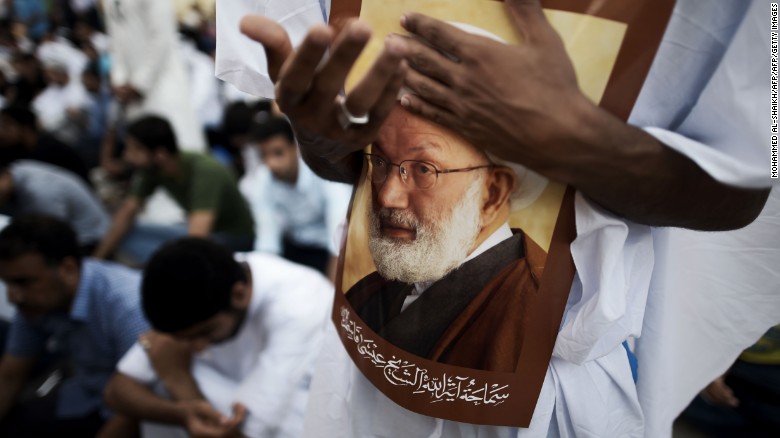The Governments of the Republic of Korea and the Democratic Republic of Timor-Leste co-hosted the sixth annual meeting of the Global Network of R2P Focal Points in Seoul, Republic of Korea, from 20 to 22 June in association with the Global Centre for the Responsibility to Protect. This was the first meeting of the Global Network to take place in the Asia-Pacific region.
The meeting brought together senior government officials from more than 50 countries as well as representatives from the European Union and United Nations, including the UN Secretary-General’s Special Adviser on the Prevention of Genocide, Mr. Adama Dieng. During the meeting UN Secretary- General Ban Ki-moon and the Assistant High Commissioner for Protection at the UN Refugee Agency, Volker Turk, also addressed the R2P Focal Points via video message.
Opening the meeting on 20 June, H.E. Mr. Choi Jong-moon, Deputy Minister of Foreign Affairs of the Republic of Korea remarked that, “our task should be to transform R2P from a vital principle into visible practice. I hope that this meeting will be an opportunity to harness the collective wisdom of the Focal Points in our search for meaningful, practical ways to provide protection to people at risk.”
During the three-day meeting participants discussed practical measures they can undertake as Focal Points towards implementing the responsibility to protect at the national, regional and international levels. R2P Focal Points shared best practices from projects they are currently engaged in, including providing inter-ministerial guidance to policy makers on atrocity prevention, and making links between human rights protection, early warning and R2P.
More than a quarter of the UN membership participates in the Global Network, with 53 states and the European Union having appointed a senior government official to serve as a R2P Focal Point. Dr. Simon Adams, Executive Director of the Global Centre for the Responsibility to Protect, noted that, “at a time when 65 million people are displaced by war, persecution and conflict, we need this Global Network more than ever. These 53 governments and the European Union constitute an important community of commitment dedicated to working together to prevent mass atrocities and protect the vulnerable.”
Reflecting upon the importance his country places on atrocity prevention and post-conflict reconciliation, H.E. Mr. Hernani Coelho da Silva, Minister of Foreign Affairs and Cooperation of the Democratic Republic of Timor-Leste, announced during the opening ceremony that his government has appointed an R2P Focal Point.
The meeting concluded with the R2P Focal Point from the State of Qatar announcing that his country will be hosting the seventh annual meeting of the Global Network in Doha in 2017.
http://www.globalr2p.org/media/files/statement-on-the-6th-annual-meeting-of-the-global-network-of-r2p-focal-points.pdf
